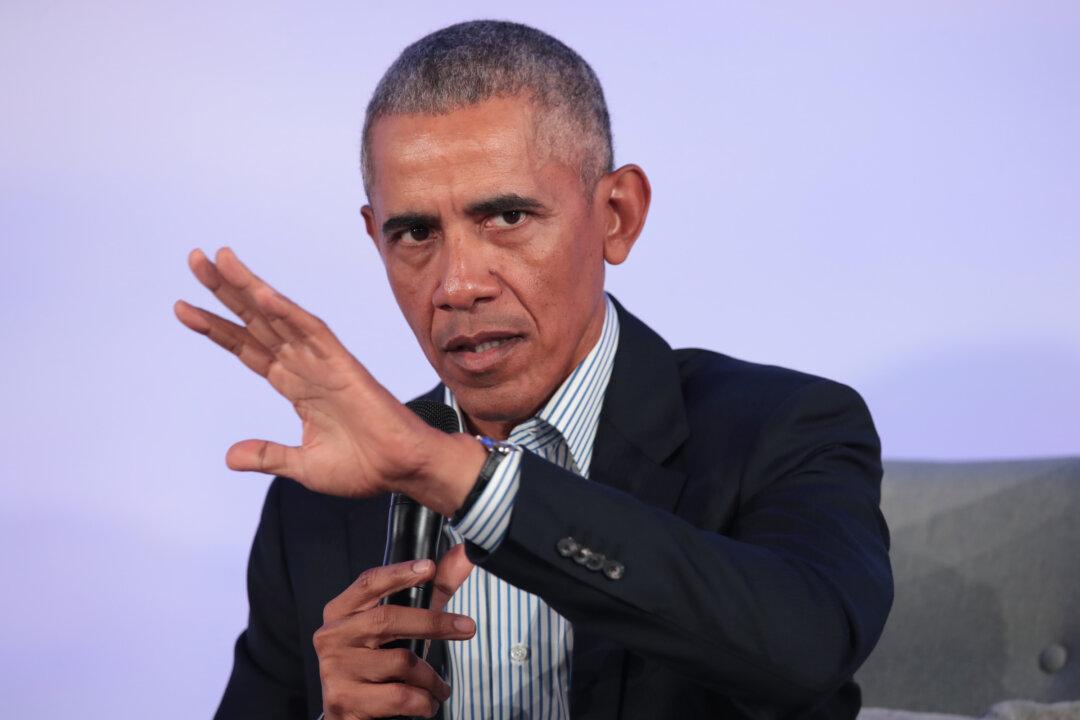Commentary
Our country’s government spent years and many millions, ultimately unsuccessfully, investigating every microscopic nuance of potential obstruction by President Donald Trump of the Russian collusion investigation.

Our country’s government spent years and many millions, ultimately unsuccessfully, investigating every microscopic nuance of potential obstruction by President Donald Trump of the Russian collusion investigation.